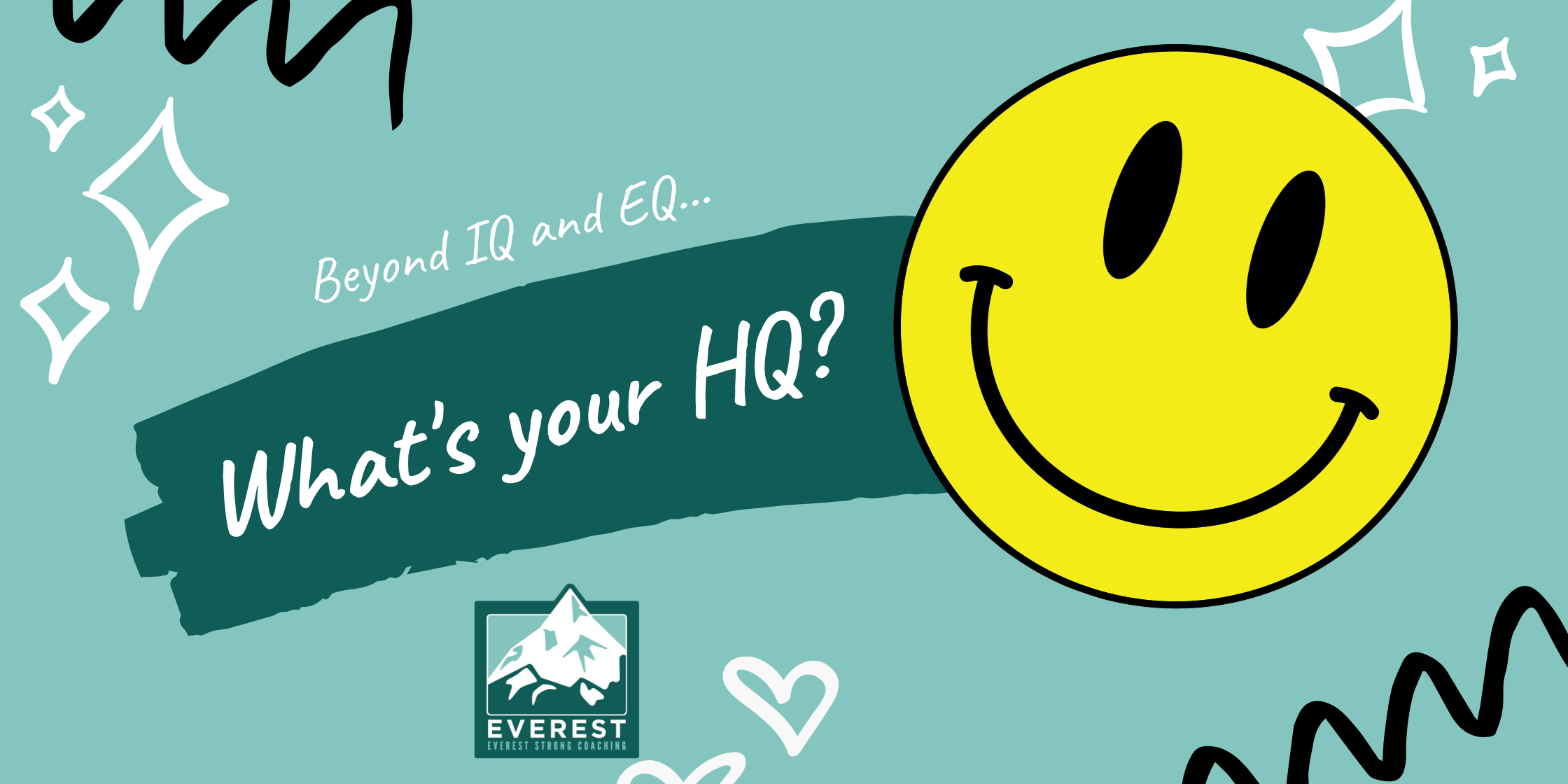You’ve heard of the hotly debated Intelligence Quotient (IQ). And perhaps you have even heard of the more recently developed concept of the Emotional Quotient (EQ), and how aspects of each, IQ and EQ, can essentially be used to predict various definitions of success in life. The former assesses whether you have a mixture of school-based academic knowledge and mental flexibility and agility to navigate the world. The latter deals with your ability to understand your own and others’ motivations and emotions, as well as the ability to adequately manage the expression of them.
While it’s clear to most of us that knowledge and mental acuity will help us get through school, and emotional awareness will enhance our relationships with others, including increasing chances of landing us a job, not enough emphasis is put on authentic happiness.
What brings authentic happiness in life?
Presently in our first world country we are indoctrinated into believing that achieving a 4.0 GPA, getting into a top university and landing a high paying job so that we can buy lots of “awesome stuff,” as Laurie Santos, a professor at Yale University calls it, is the road to golden happiness. But the research around the world continues to prove otherwise. We repeatedly misjudge how happy we will be when we get those things we want, and how unhappy we will be if we don’t. We also disregard how quickly the sheen of something new (even great relationships) wears off.
None of this is to say that not having any money, or no job, etc. don’t add to unhappiness. Rather, the point is that having those things doesn’t equate to happiness. This means that we must find happiness elsewhere. And in actuality the research shows we have to take intentional action to make our own happiness.
How to take action for intentional happiness:
Writing about gratitude.
Writing sentences in a journal about those things for which you are grateful, for 5-10 minutes a day, solidifies your awareness of what is good in your life. It forces you to acknowledge those things we so often take for granted.
Engage in savoring.
This is a mindfulness practice. When you are eating that delicious dinner your partner cooked, or able to go for a walk in the sun, notice the taste of the food or the warmth on your skin, and absorb it.
Imagine life without.
What would your life be like had you not met your partner or gotten the job you have? What if your children had never been born? What if all the many possible obstacles that could have prevented you from having this good thing in your life had actually gotten in your way? In a way, everything we experience is kismet, as there are so many things that could go wrong. And yet clearly in this case they didn’t.
Practice random acts of kindness are underrated.
Random acts of kindness are underrated. The science shows that when we do something nice for someone else, whether it’s buying them a coffee or writing them a letter about how much we appreciate them, we feel better and we feel more likable.
Connect with others.
Socializing pays off in spades. Whether we spend time with loved ones or if we chat up a fellow person in line, we add to our, and their, well-being. Social connection, even small ones, enhance our day.
What’s perhaps most striking about this list of intentional actions you can take to increase your happiness and have a higher Happiness Quotient, is that they are all free, can be done by anyone, and take little to no time. What’s stopping you?
Check out these “happiness” resources:
- Mihaly Csikszentmihalyi’s TED Talk – Flow, the secret to happiness
- Carol Dweck’s TED Talk – The power of believing that you can improve
- Michael Norton’s TEDx Talk – How to buy happiness
- Matthew Killingsworth’s TED Talk – Want to be happier? Stay in the moment
- Hedy Kober’s TEDx Talk – How can mindfulness help us

